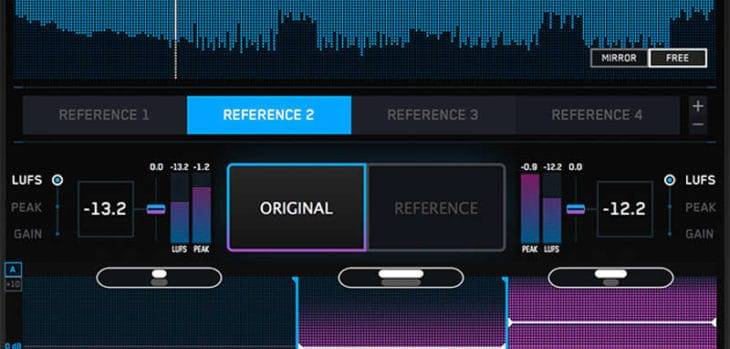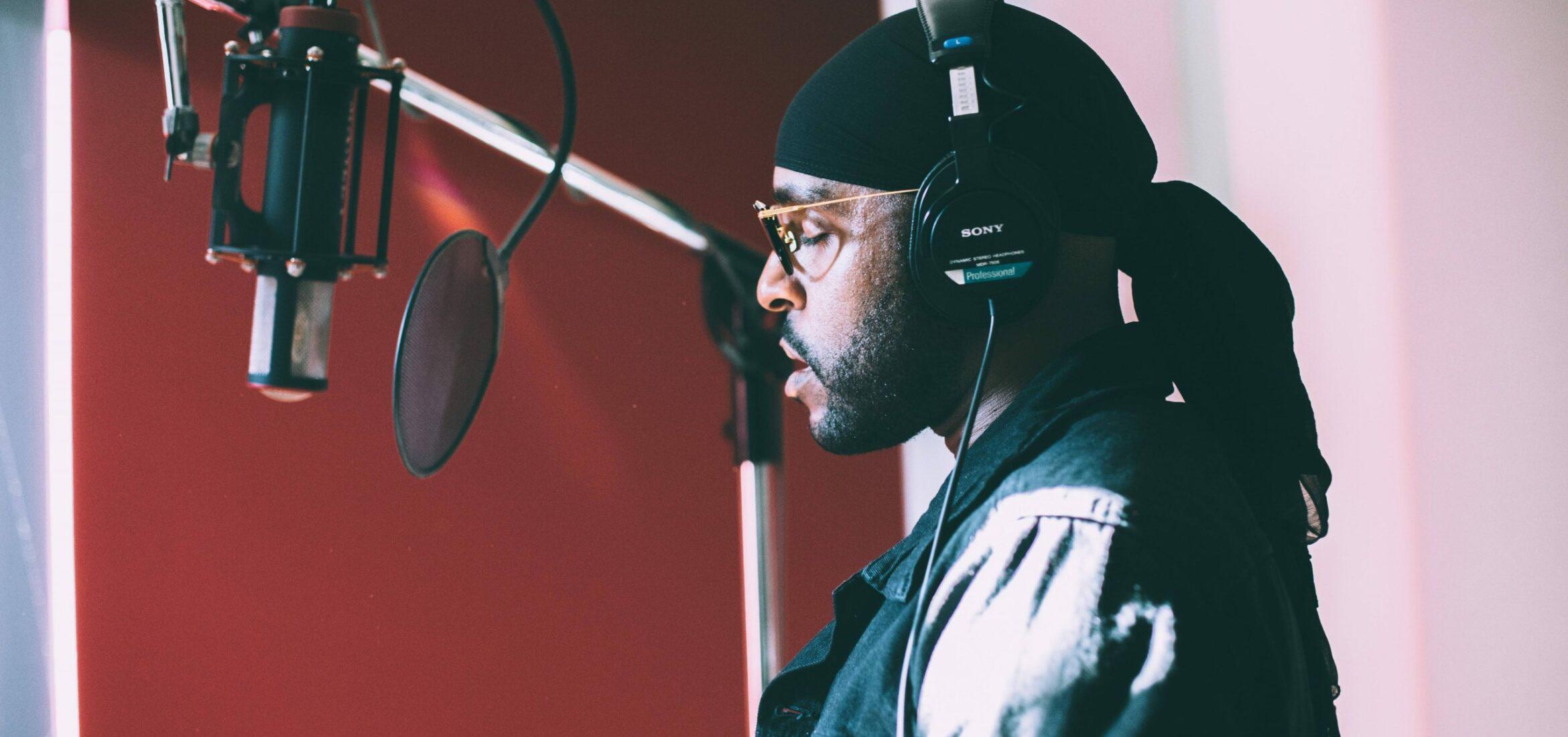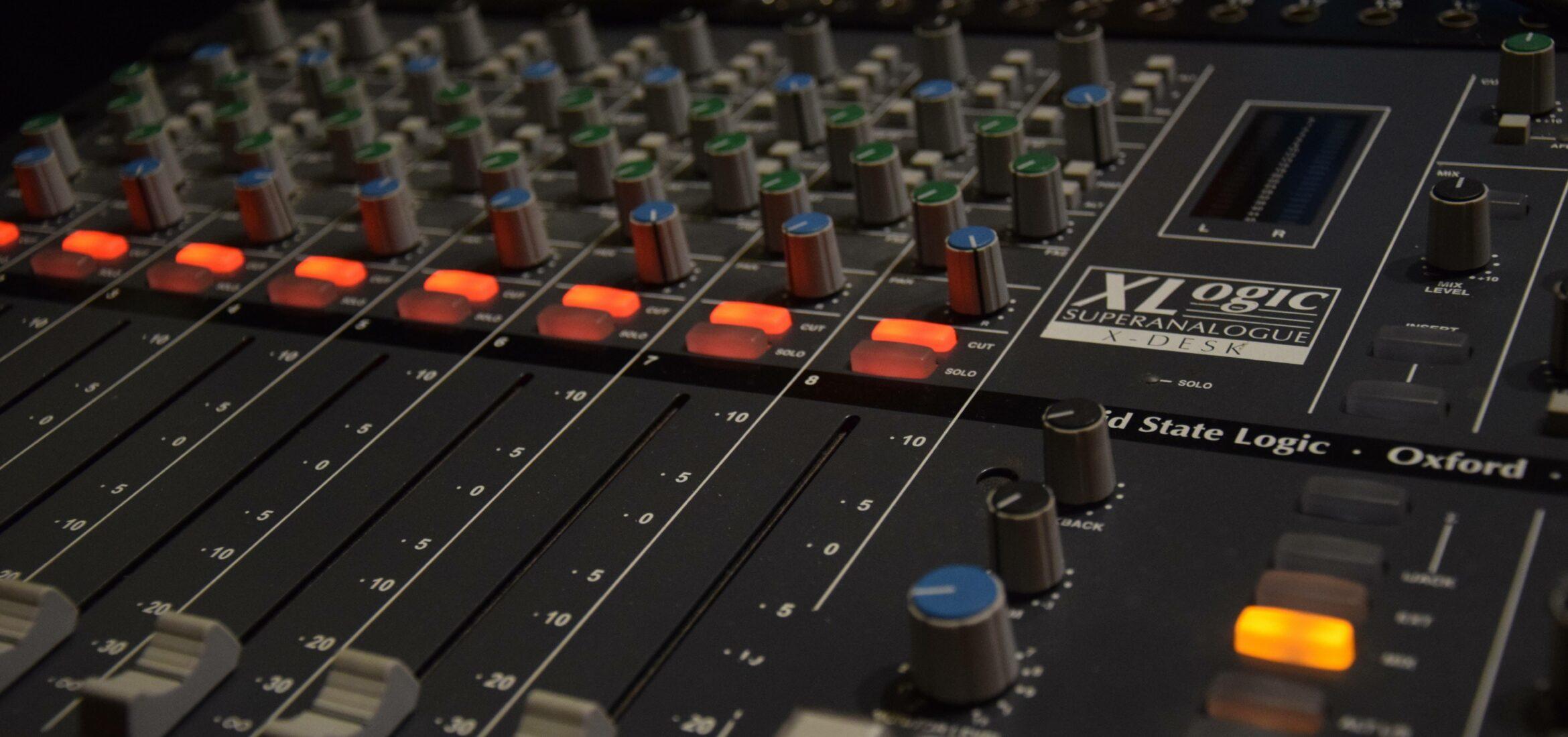When it comes to making art of any kind, there’s a trap most artists fall into at one point or another: comparison to others. This might involve comparing career success, methodology, notoriety, or the work itself. If you’re a musician, you might compare your songs to those of artists and bands you admire. If you’re a producer or audio engineer, you’ve probably started comparing your mixes to your peers or to the most highly regarded professionals. But should you do this? Maybe, and maybe not. There are several pros and cons to comparing your mixes to others. Let’s examine them.
Is Comparison the Thief of Joy?
This famous quote by Teddy Roosevelt isn’t just a concise greeting card blurb to make you feel better about your art. Indeed, constantly checking your work against that of others can lead to severe doubt and discouragement. Especially for beginners, trying to emulate the production techniques and polish of a top 40 mix can seem like an insurmountable task. Some people give up altogether, confirming old Teddy’s sentiment.

But this quote only paints half the picture. We don’t exist in a vacuum. Art of all kinds surrounds us in every environment (architecture, sculptures, paintings, music). Depending on our point of view, we can become inspired rather than discouraged by the great works around us. Indeed, few artists ever improved their craft by simply ignoring the work or techniques of others. You can find notable exceptions, like musicians who avoid listening to music so it doesn’t infect their creative impulses. But even those with blinders on can’t avoid running into the larger culture that affects us all.
So, comparing your mixes to other mixes can discourage you, inspire you, or both. The outcome depends on your own willingness to make mistakes and improve your craft by learning from those with more experience than you.
Comparing Your Mixes: All Art Is Subjective

Part of the difficulty with comparing your mixes to others lies in subjectivity. We all consume art differently. My favorite movie might have tanked at the box office, and the album you adore might sound like falling trash cans to me. Who’s to say we’re wrong or right about our preferences? If you’re happy with your mix, why should it matter if it lacks the «fidelity» of a professionally produced hit?
In truth, it doesn’t matter, unless you want to reach a wider audience. Even if art is subjective, certain things have a wider appeal than others. Most people agree that Abbey Road features brilliant songwriting and production for its time, even if a minority of listeners hate the record. You might love your mixes, but you have to consider how others will receive them if you’re trying to gain a following, big or small.
This is how certain techniques become «industry standard.» There are ways of doing things that most professionals agree on. For instance, using a DAW like Pro Tools, Logic Pro, or something similar, implementing certain plugins for EQ, compression, limiting, etc., and mastering your tracks. You don’t have to do any of these things, but if you want to compete with the pros, you do. Don’t worry about losing the integrity of the art. These standard techniques simply help enhance the art. How you use them is still up to you. So yes, art is subjective, but there are ways of creating art objectively more efficiently than others that will likely help garner broader appeal.
Maintaining Perspective when Comparing Your Mixes
If art was merely a creative and intellectual pursuit, we’d see even more of it. But creating art can get expensive, in both time and currency. Those top 40 songs to which you’re comparing your mixes aren’t just the result of skilled producers and songwriters they come from money, too. The largest recording studios house millions of dollars worth of instruments, recording hardware and software, computing power, and other resources that most of us just can’t afford on our own.

Fortunately, technology has democratized the recording world in a huge way. Some home studios and independent producers can pump out songs that rival the shine of much larger studios. Even still, you have to keep this disparity in mind. Comparing your mixes to the world’s biggest mixes can certainly make you better, but it won’t magically enhance your studio. Work with what you have, and get as good as you can within those parameters. Then, if possible, work your way up; invest in new gear, new space, and new possibilities.
Referencing for Mastering
So far, we’ve been discussing comparing your mixes to other mixes. While this can help or hurt you as you progress, there is a time when comparison can truly help you: mastering. When you compare during the mastering process, you’re looking for bigger picture tweaks, like overall loudness and frequency balance. The mix itself might not sound anything like the mix you’re referencing, but it can be improved by comparing these larger variables. And remember, just because your track’s frequency spectrum analyzer matches the reference track’s, they won’t necessarily sound the same. This comes down to variables like mixing, instrumentation, performance, recording procedures, and, yes, subjectivity.

Conclusion
You must always maintain a balanced perspective when it comes to comparing your mixes to others. The more you try to emulate someone else’s work, the more frustrated you’ll become. You might begin to lose your own creative identity as well. Conversely, if you ignore the work of others, you might miss out on some key techniques, unique takes, and powerful inspiration. So, there’s nothing wrong with comparing your mixes, as long as your main goal is continuous improvement. And if you’re going to compare your mixes to anyone’s, compare them to your own to see how far you’ve come.
Sobre el autor

Ethan Keeley
Escritor, locutor, músico y editor de audioEthan Keeley es músico, locutor y escritor de Rochester, Nueva York. Cuando no está de gira con su grupo Unwill, trabaja en nuevas canciones e historias.
Deja un comentario
Inicia sesión para comentar


